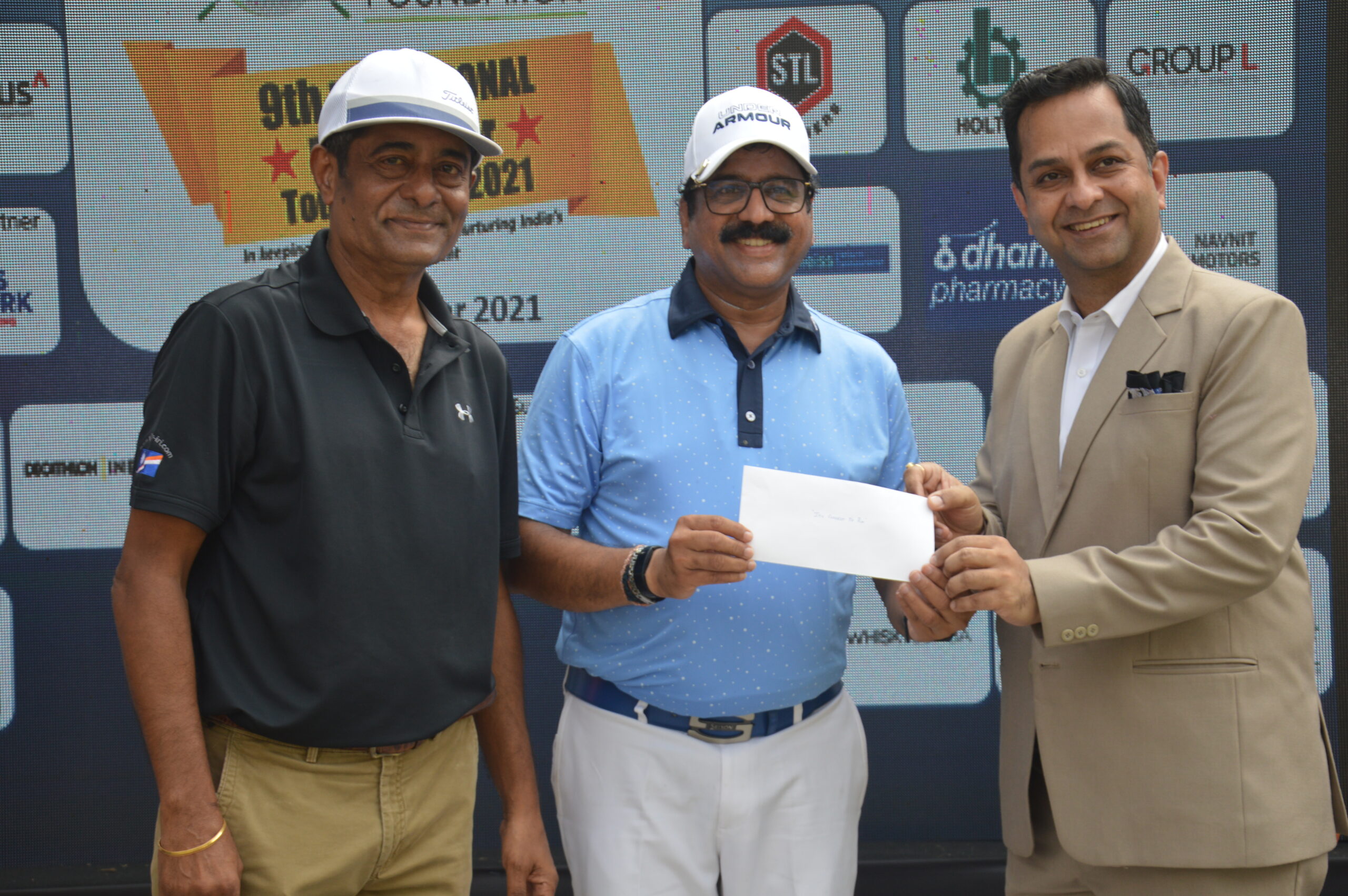Junior golfers are very sophisticated today with the advent of advanced teaching methods and great swing coaches. We see so many young golfers with incredibly good swing mechanics shooting low scores. Proper equipment and great swing mechanics go a long way to help young players be their best.
However, great equipment and good technique can only take you so far. It still remains that the person hitting the ball and making the shot is the most important thing. The sport has evolved and it is common knowledge that a player’s mental, emotional, and spiritual attitude has a lot do with winning and success. Personal development does not happen overnight. And the fact is, the better the foundation, the easier it is to change, grow, develop, evolve, and recover after breakdown.
Golf is such a great game: It teaches values, integrity, patience, accountability, responsibility, emotional maturity, discipline, focus, determination, balance, respect, self-worth, service, acceptance, and love of nature.
Parents:
Sometimes, a parent can be too emotionally involved in the success of their Child. It is all too easy for a parent to live out their childhood dreams and wishes through their children. Parents who wish they could be a professional athlete often work to create that in their children. Parents who have high expectations can often take the fun out of sports and place too much pressure on their children.
When a junior golfer has great talent and great practice rounds, but is not performing at his or her best in competition, it is usually because of deeper emotional issues, not raw talent.
MAIN ISSUES that concern Junior Golfers
Emotional Control
One of the biggest causes of breakdown for this age group is a massive meltdown due to one bad shot. One slice, pull hook, shank or duff can lead to an explosion of anger and frustration that can last for the rest of the round.
Overly high expectations can be a cause for loss of emotional control. If you think you should execute each shot perfectly, then it is easy to be upset when you do not live up to what you think you should be doing.
Focus and Concentration
Lapse of focus and concentration is an issue for golfers of any age. The diagnosis of ADD or ADHD is so widely used today that many younger golfers feel they have concentration and focus problems. Poor concentration along with lack of emotional control leads to poor decision-making and bad course management. Good decisions throughout a round can save many strokes and avoid big blowups. Greater concentration also allows for enhanced visualization skills ––another important factor in peak performance.. A strong mental game requires an ability to stay focused when it really counts.
There are a couple of things one can learn to help in this important area: meditation, self-hypnosis, and yoga breathing techniques.
Diet can play an important role in supporting enhanced focus and concentration: junk food with lots of sugar will lead to mental breakdown.
Realistic Expectations
The junior golf can spare himself or herself a lot of unnecessary frustration if he or she will realize that golf is a very difficult game to master. It takes years and thousands of hours of dedicated practice to become a scratch golfer. There are so many aspects to the game: driving, irons, short game, trouble shots, putting, chipping, and bunker shots. There are also so many different conditions that need to be learned: windy days, rainy days, cold days, hot days, foggy days, etc. This is not a game that one masters in a few months or every a few years. It is a game that requires a long-term perspective. Learning and change takes time. Bob Rotella has a great saying, “Golf is not a game of perfect.” The sooner a junior golfer can learn this and make peace with mistakes and the learning process, the happier and more successful he or she will be.
Perseverance
As I mentioned above, golf is a tough game. It does take a long time to become very good and a lot of practice and learning to become great. A player has to persevere and keep at it. If a child has a tendency to give up when frustration hits and expects instant success, then trouble lies ahead with this game. Patience is a virtue that supports perseverance. It can take a year to make a major swing change and as a child is growing with physical changes, he or she has to adapt –– all this takes time. Long-term goals are important for the junior golfer with the patience to keep working to obtain them.
Personal Responsibility
Part of growing up is learning to take responsibility for your actions and behaviors. Since golf is such a difficult game, it takes a lot of work to become great. A junior golfer has to show up to practice, work on the thing that are identified by his or her coach, and realize that there is no one to blame for lack of progress and success: bad lies, tough greens, tough conditions, or other players are not the cause of poor performance. It is the person swinging the club. Golf is a great game for a child or adolescent because it does provide the opportunity to instill values that will last a lifetime. Learning to be accountable is an important part of integrity.
Self-Worth Beyond Golf
One’s sense of value and worth should be based upon deeper and more important issues than one’s golf game. Unfortunately, the junior golfer that is still developing a solid sense of identity may only rely on outer definitions like golf performance, what their friends think of them, or physical appearance. If your worth is defined by how well you hit a golf ball and how low you can score, then the door is open for an emotional roller coaster of elation and depression.
The junior golfer needs to know that their worth and value is inherent in their being. Spiritual families can draw upon their faith and encourage a child to realize that he or she is made in the image and likeness of God and he or she has a special purpose in this life, well beyond a golf score. Non-spiritually oriented families can find deeper value in one’s overall connection to life, people, and one’s ability to love and care about others. Whatever the source for self worth, it must be much more than how one hits a golf ball.
Self-Belief
A key to success in any aspect of life is to believe in your ability. When you believe in yourself, you never give up. You are willing to work hard and take risks. A round of golf has its ups and downs. It is rare to play 18 holes of golf and not have a couple difficult shots or holes. The winner is usually the one who best handled adversity. If you make a terrible shot, you have to believe that you can make a good recovery shot. As an adult, if you make a bad business decision, you must believe that you can learn from that and do better in the future. Self-belief keeps you in the game. Self-belief is also the result of hard work and refining one’s skill. It is not just saying, “I am good.” Because, if you have not practiced, prepared and developed a level of skill, you know you are only hoping for the best. You know there is little depth to your belief. Hard work, perseverance, and good training result in a realistic belief in yourself that will sustain you when life gets tough.
By: Amandeep Johl











